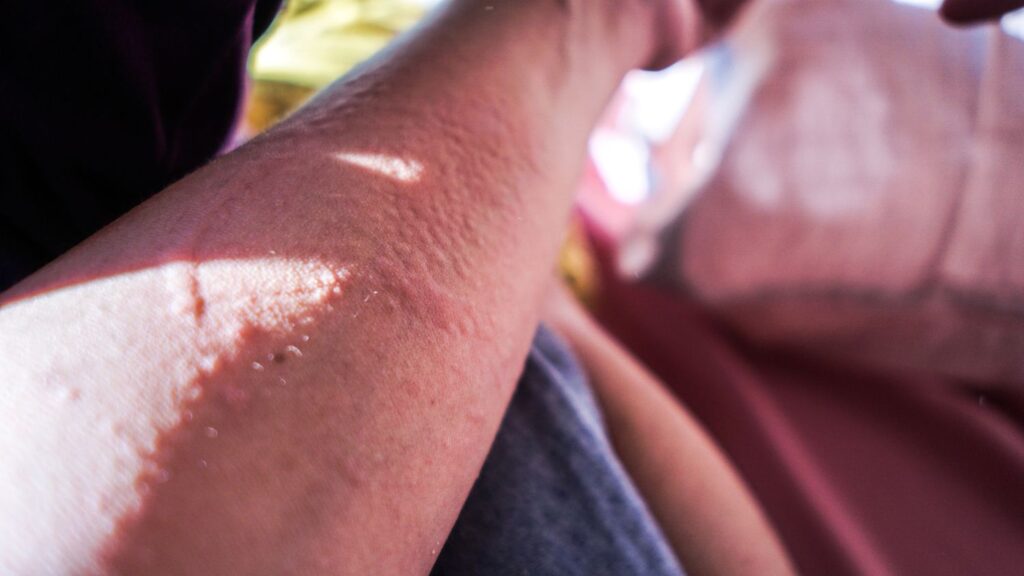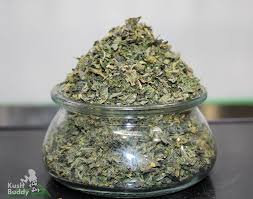
Introduction
Eczema is a common skin condition that affects millions of people worldwide. It’s known for causing dry, itchy, and inflamed skin. But did you know that eczema can also lead to small, raised bumps called papules? If you’ve noticed these tiny red bumps and wondered what they are, you’re in the right place. This guide will break down everything you need to know about papules in eczema, from causes to treatment options.
Understanding Eczema
Eczema, also known as atopic dermatitis, is a chronic skin condition characterized by inflammation, redness, and intense itching. There are several types of eczema, including:
- Atopic dermatitis (most common)
- Contact dermatitis
- Dyshidrotic eczema
- Nummular eczema
Symptoms often include dry skin, rashes, and sometimes papules in eczema, which are small, solid bumps that can appear during flare-ups.
What Are Papules in Eczema?
Papules in eczema are small, raised bumps that develop due to inflammation in the skin. Unlike blisters (vesicles), papules don’t contain fluid. They can be red, pink, or skin-colored and often feel rough or scaly. These bumps are a sign that your eczema is active and may need treatment.
Causes of Papules in Eczema
Several factors contribute to the formation of papules in eczema:
- Immune system overreaction – Your body mistakenly attacks healthy skin cells.
- Environmental triggers – Allergens like pollen or harsh chemicals can worsen eczema.
- Genetics – If your family has a history of eczema, you’re more likely to develop it.
Symptoms of Papules in Eczema
If you have papules in eczema, you might notice:
- Small, raised bumps
- Intense itching
- Redness and swelling
- Possible oozing if scratched too much
How Are Papules in Eczema Diagnosed?
A dermatologist can diagnose papules in eczema by:
- Examining your skin
- Reviewing your medical history
- Occasionally performing a skin biopsy
Common Triggers of Papules in Eczema
Avoiding triggers can help prevent flare-ups. Common culprits include:
- Allergens – Dust mites, pet dander, pollen
- Irritants – Harsh soaps, detergents, fragrances
- Stress – Emotional stress can worsen eczema
Treatment Options for Papules in Eczema
Medical Treatments
- Topical corticosteroids – Reduce inflammation and itching.
- Antihistamines – Help control allergic reactions.
- Immunosuppressants – For severe cases.
Home Remedies and Lifestyle Changes
- Moisturize daily – Use a fragrance-free cream to avoid irritation.
- Avoid scratching – Keep nails short to prevent infection.
- Wear soft fabrics – Cotton is gentle on sensitive skin.
Preventing Papules in Eczema Flare-Ups
- Stick to a fragrance-free cream routine.
- Identify and avoid personal triggers.
- Manage stress through relaxation techniques.
When to See a Doctor
Consult a doctor if:
- The papules in eczema become infected (with pus and swelling).
- Symptoms don’t improve with home care.
- You experience severe pain or spreading rashes.
Complications of Untreated Papules in Eczema
Ignoring papules in eczema can lead to:
- Bacterial infections
- Scarring
- Chronic skin damage
Difference Between Papules and Other Eczema Lesions
- Plaques – Larger, thickened patches.
- Vesicles – Fluid-filled blisters.
- Nodules – Deeper, harder lumps.
Living with Papules Eczema
Managing papules eczema involves:
- Following a skincare routine.
- Joining support groups.
- Staying consistent with treatments.
Conclusion
Dealing with papules in eczema can be frustrating, but understanding their causes and treatments can help you manage them effectively. By avoiding triggers, using fragrance-free creams, and seeking medical advice when needed, you can keep your skin healthy and comfortable.
FAQs
- Can papules eczema spread to other parts of the body?
Yes, if left untreated, eczema can spread, but the papules eczema themselves aren’t contagious.
- Are papules eczema contagious?
No, eczema is not contagious, so papules eczema won’t spread to others.
- How long does papules eczema last?
With proper treatment, they can fade within days to weeks.
- Can diet affect papules eczema?
Yes, certain foods (like dairy or nuts) may trigger flare-ups in some people.
- Is fragrance-free cream necessary for managing papules eczema?
Absolutely! Fragrance-free cream reduces irritation and helps soothe sensitive skin.
Read more articles.






